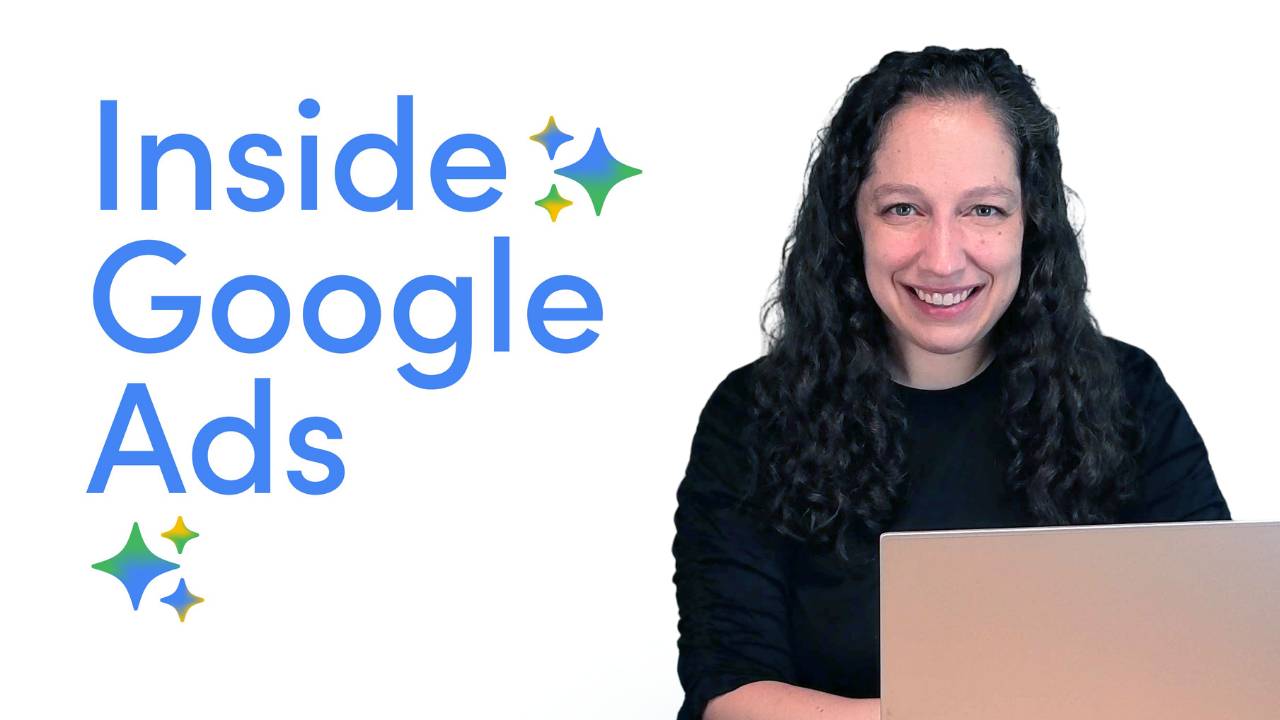Conquering Google Ads with a Low Budget: 12 Tips for Small Businesses
Jun 20, 2025
By: Jyll Saskin Gales, Google Ads Coach
Are you a small business owner wondering if you can make Google Ads work on a shoestring budget? It’s a common question, but one that requires an honest answer: dipping your toes in with a "tiny" budget is often a complete waste of money.
Think of it like learning to play the piano. You wouldn't expect to become a virtuoso by practicing for just five minutes a day. Google Ads is the same. It’s a powerful machine learning system that needs two things to work its magic: data and time. A very small budget starves it of the data it needs to learn, making it nearly impossible to find the right audience and deliver results.
But don't be discouraged. With the right expectations and a smart, strategic approach, you can make a modest budget work hard for you. This guide will show you how to determine a realistic budget, build a data foundation, and choose the right strategies to maximize every dollar.
If you are a Google Ads practitioner who is having trouble with a small budget client, my Should you work with low budget Google Ads clients? article may be more useful to you than this one.
Part 1: The Reality Check: Is Your Business Ready for Google Ads?
Before you spend a single dollar on ads, you need to assess your readiness. Answering these questions first can save you from a costly mistake.
What is a "Realistic" Budget? The 10 Clicks a Day Rule
A good rule of thumb is to budget for at least 10 clicks per day, per campaign. This provides the bare minimum data the system needs to start learning. To estimate this cost:
- Use the free Google Ads Keyword Planner to research keywords relevant to your business.
- Note the estimated cost-per-click (CPC) for those keywords.
- Multiply the average CPC by 10. That's your estimated daily starting budget. If a $10 CPC means a $100/day budget you can't afford, you may not be ready for paid search.
Is Your Website Ready to Convert? The Rule of 2
Advertising can bring people to your store, but it can't force them to buy. Use this simple formula to see if your website is efficient enough for paid ads:
[Your Website's Conversion Rate] x [Your Average Order Value] = Revenue Per Session
If your Revenue Per Session is $2 or more, you're likely in a good position to experiment with ads. If it's less, your energy is better spent on improving your website's conversion rate first.
Do You Have Enough Patience?
Even with a realistic budget, Google Ads results are not immediate. It's normal for performance to be rocky in the beginning as the system learns. If that's going to freak you out, then you're not ready for paid ads.
For example, I once worked with a client whose cost per click was initially a whopping $28 per click after revamping their campaigns. But after just one week of the system learning, the average CPC dropped down to a much more reasonable $10. Another client experienced a worrying dip in their return on ad spend (ROAS) when we first started working together. However, after a few weeks, their ROAS steadily climbed until their ads were more profitable than ever.
Remember this crucial principle: The less money you have, the more patience you'll need. Plan for at least 3 months of testing before making a final judgment.
Part 2: Building Your Non-Negotiable Data Foundation
A successful campaign is built on a strong data foundation. Before you launch, ensure these elements are in place:
- Accurate Conversion Tracking: This is the most critical step. Set up tracking for the main action you want users to take (a purchase, a form submission, etc.). Use Google Analytics 4, Google Tag Manager, or built-in integrations with your website provider like the Shopify Google channel.
- Track Micro-Conversions: On a small budget, you may not get many sales right away. To feed the algorithm more data, also track smaller steps like "add to cart" or "begin checkout" as secondary conversions. These are often referred to as "micro-conversions."
- Create Audience Lists: Go to Audience Manager and set up website remarketing lists and Customer Match lists. Even if you don't meet the requirements for Customer Match, providing this first-party data helps the algorithm understand your ideal customer profile.
- Link Your Accounts: Connect Google Ads to Google Analytics 4, Google Business Profile, and Google Merchant Center to unlock more features and insights.
Part 3: Smart Campaign Strategy for Small Budgets
With a solid foundation, you can now make every dollar count in Google Ads with these tried-and-true tactics.
Start with Search Campaigns
Search campaigns are the bread and butter of Google Ads. They allow you to capture high-intent users who are actively searching for what you offer, making them the best starting point for a limited budget.
An Alternative: Demand Gen Campaigns
If your background is primarily in social media advertising, you might consider starting with Demand Gen campaigns. This newer campaign type mimics the visually-driven, audience-based buying process of platforms like Meta, which may feel more familiar and intuitive to you.
Focus on High-Intent Keywords
Don't waste your budget on broad, informational keywords. Focus on keywords that indicate a strong desire to buy, such as "buy [your product]" or "[your service] near me." Don't forget to put your keywords in Exact Match by putting square brackets [] around them.
Use Impression Share to Diagnose Problems
Search Impression Share (IS) is your best diagnostic tool. It tells you what percentage of possible impressions your ads actually received.
- Low IS (under 10%): This indicates a campaign problem. You are missing out on most of the available traffic, likely due to a budget that's too low for your keyword costs or a low Ad Rank (from low bids or low Quality Score).
- High IS (over 50%): If your IS is high but your click volume is still low, it might not be a campaign problem. You may simply be targeting a very small, niche market.
Choose the Right Bid Strategy
Your bid strategy is critical on a low budget.
- Avoid: Do not start with Target CPA or Target ROAS. These Smart Bidding strategies need significant conversion data to work, which you don't have yet.
- Recommended Starter: Maximize Conversions is often the best choice. Its goal is to get you the most data possible within your budget, which is exactly what you need in the beginning.
- For Niche Markets: If your diagnosis shows you're in a small market (high IS), Target Impression Share or Maximize Clicks can be useful strategies to ensure you remain visible to that specific audience.
By being realistic about your budget, building a solid data foundation, and making smart strategic choices, you can achieve sustainable results with Google Ads, proving that a modest budget, when used wisely, can still be a powerful tool for growth.
Recap: 12 tips to conquer Google Ads with a small budget
- Set a Realistic Budget: Use the "10 Clicks a Day" rule to estimate your starting budget.
- Check Website Readiness: Use the "Rule of 2" (Conversion Rate x AOV) to see if your site is ready to convert traffic.
- Be Patient: Plan for at least 3 months of learning and testing, as initial results can be rocky.
- Implement Accurate Conversion Tracking: Ensure your main business goals (like sales or leads) are being tracked.
- Track Micro-Conversions: Capture smaller actions (like "add to cart") to feed the algorithm more data.
- Create Audience Lists: Set up remarketing lists and upload customer lists to help Google learn.
- Link Your Google Accounts: Connect Google Ads to Analytics, Google Business Profile, and Merchant Center.
- Start with Search Campaigns: Focus on capturing high-intent users who are actively searching for your solution.
- Consider Demand Gen as an Alternative: If you have a social media background, Demand Gen might be an intuitive starting point.
- Focus on High-Intent Keywords: Target keywords that signal a desire to buy, and use exact match.
- Use Impression Share to Diagnose Issues: Analyze this metric to determine if you have a budget/ad rank problem or a small market size.
- Choose the Right Starting Bid Strategy: Begin with "Maximize Conversions" to gather data efficiently.
Free Google Ads newsletter
Join 8,000+ business owners and marketers discovering my secrets to Google Ads success. Subscribe now for proven tactics in your inbox every other Tuesday.


